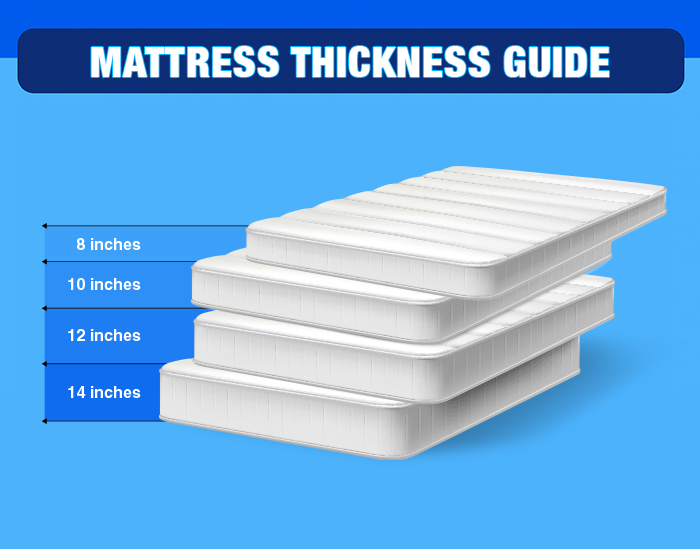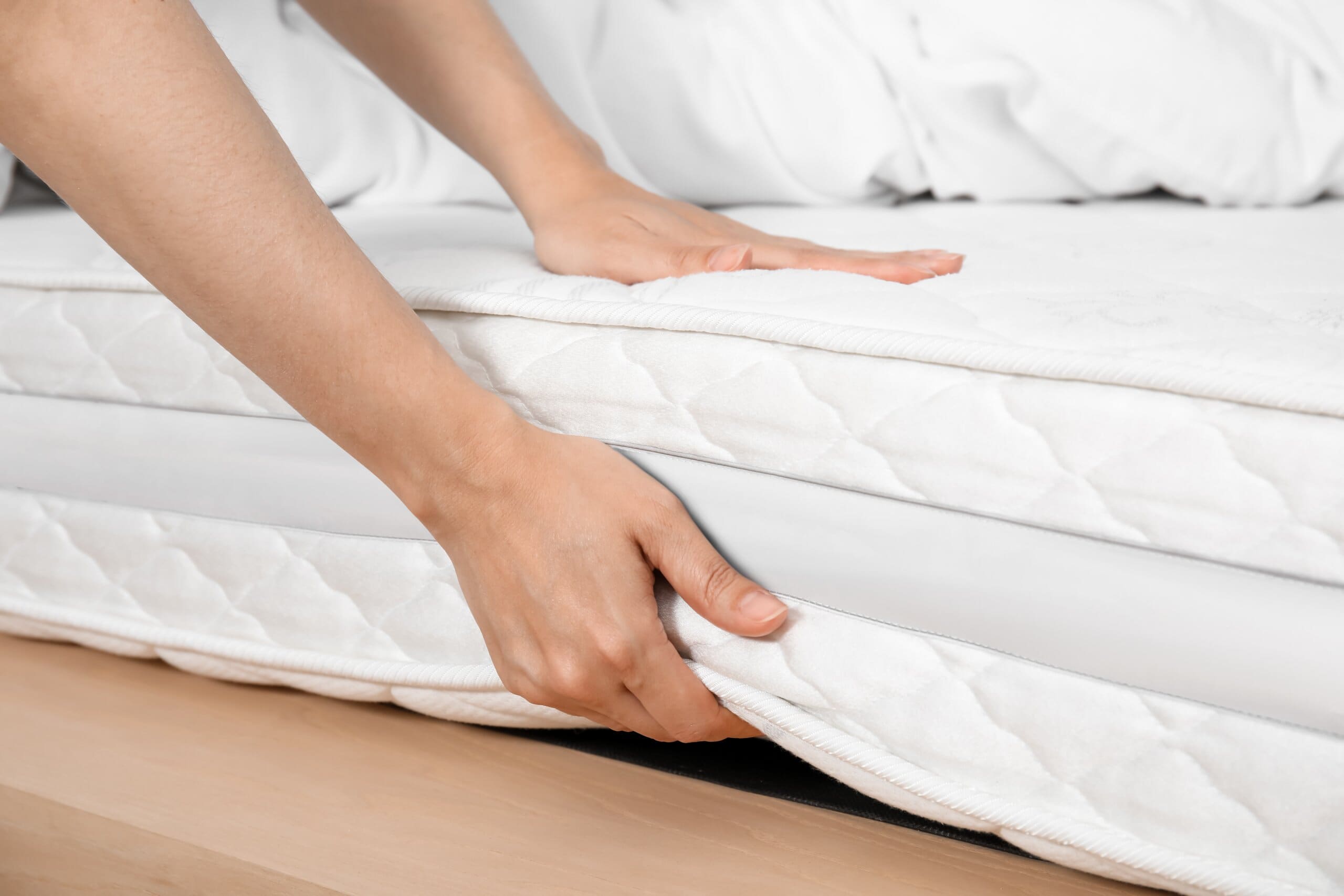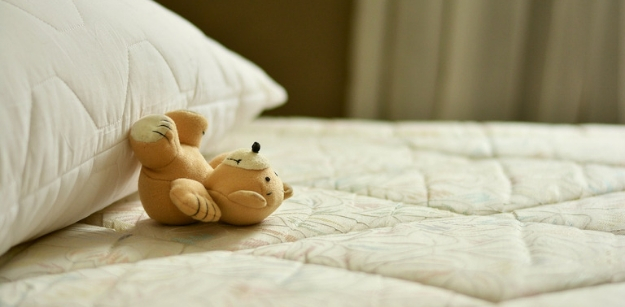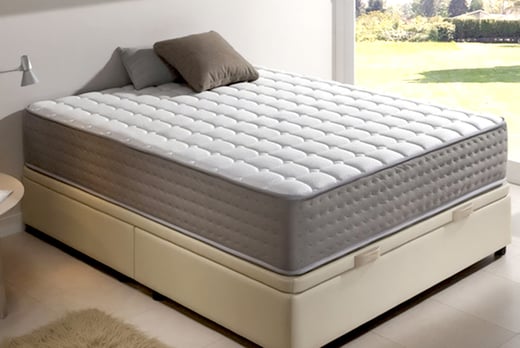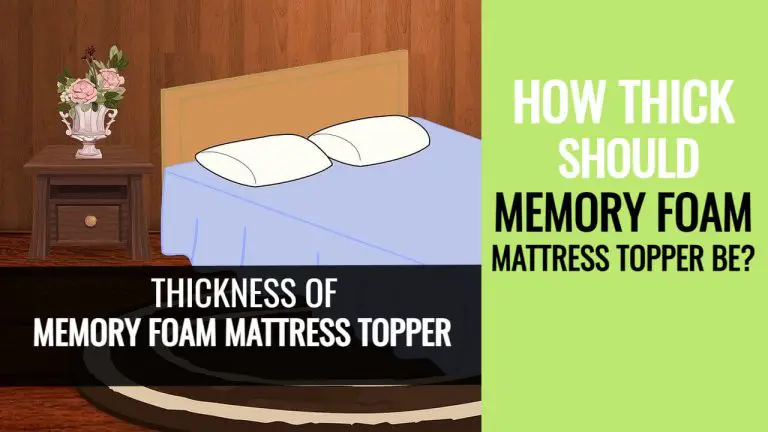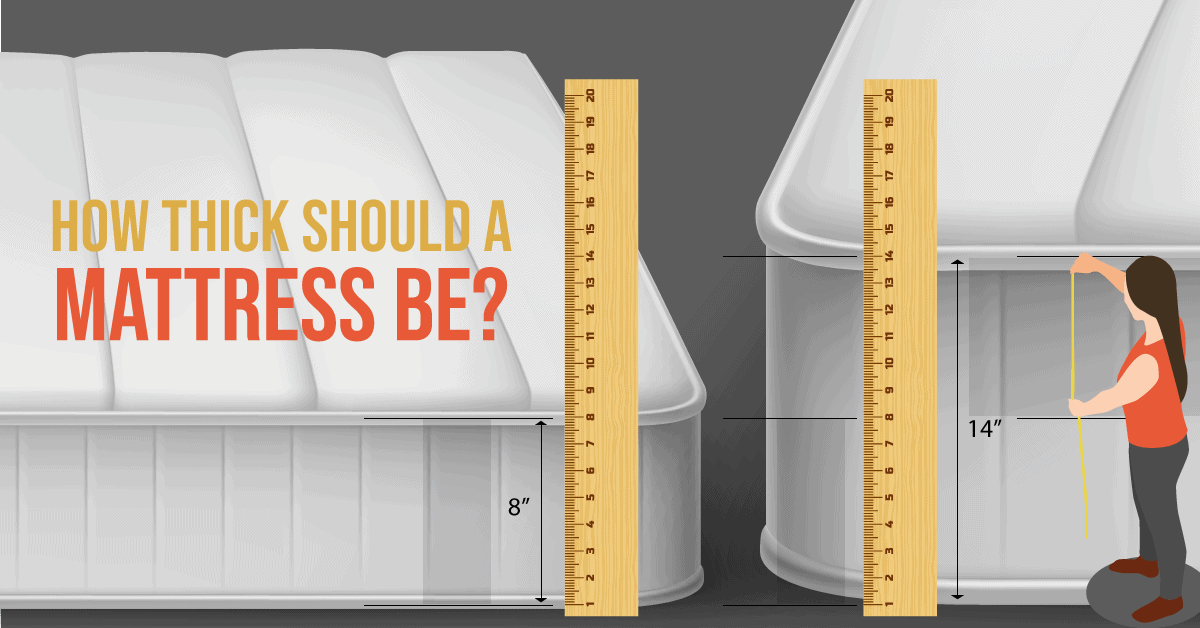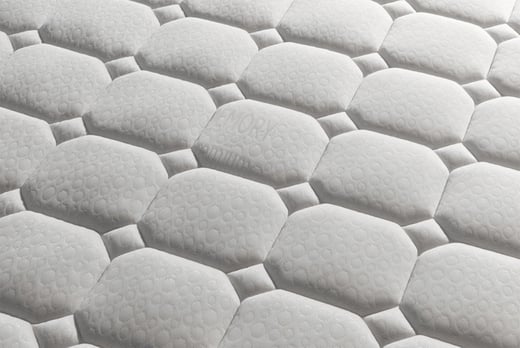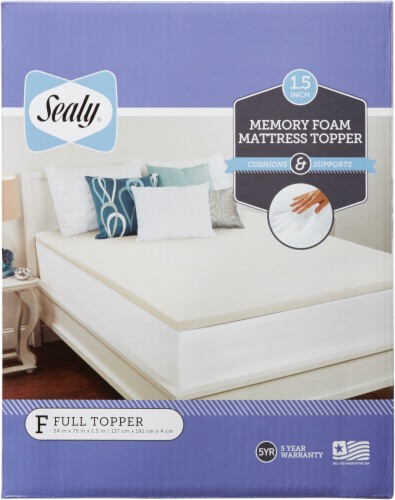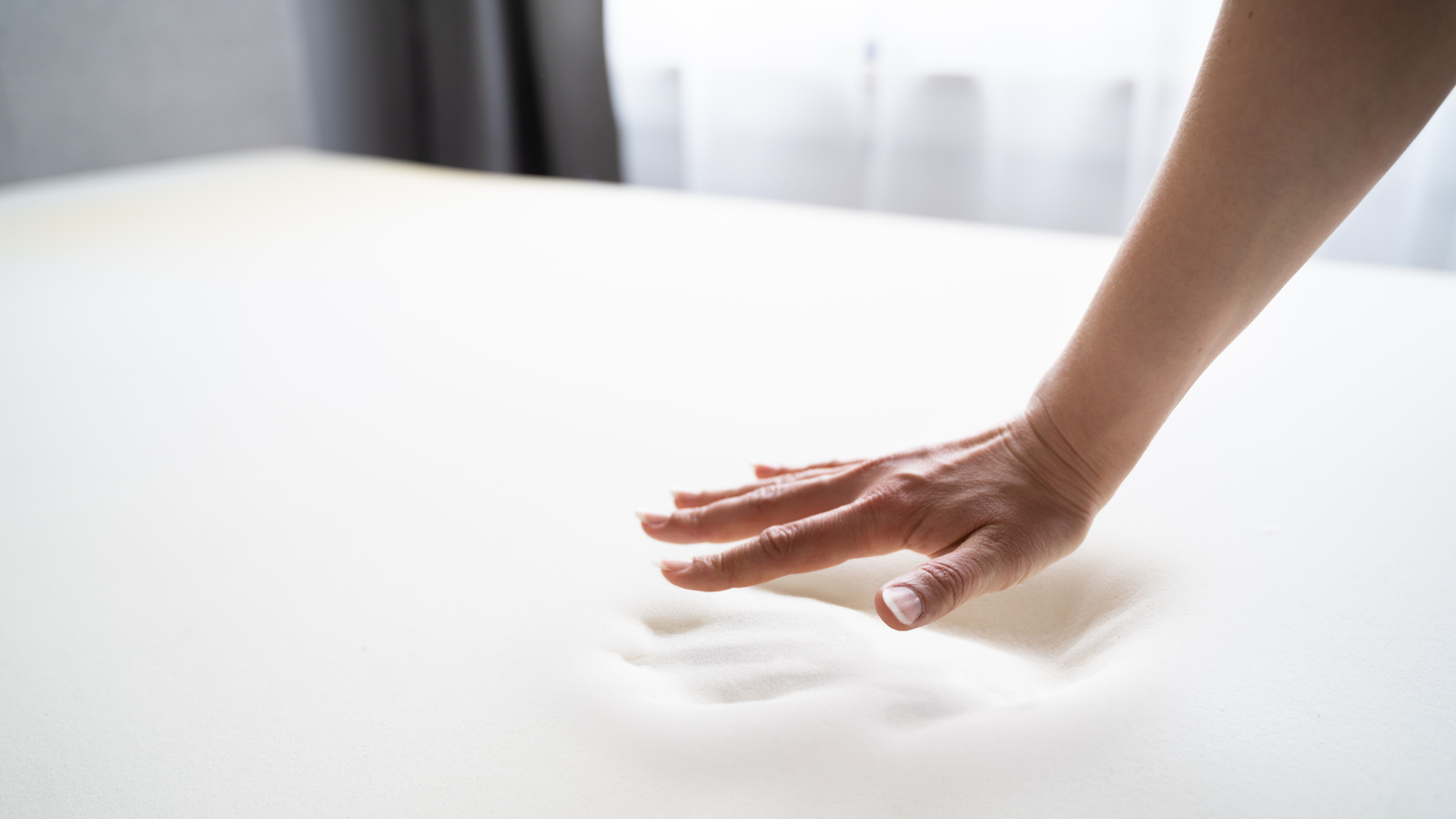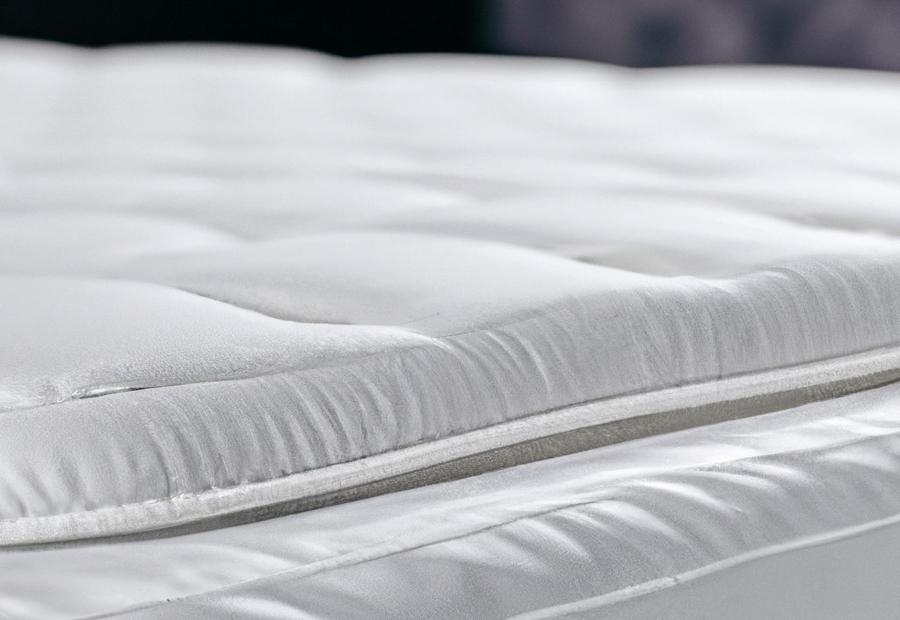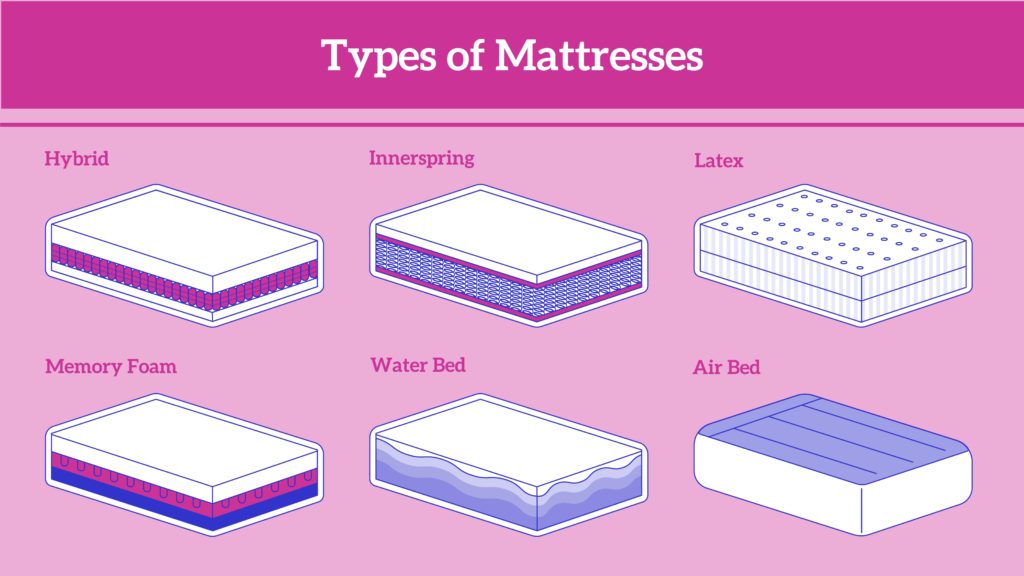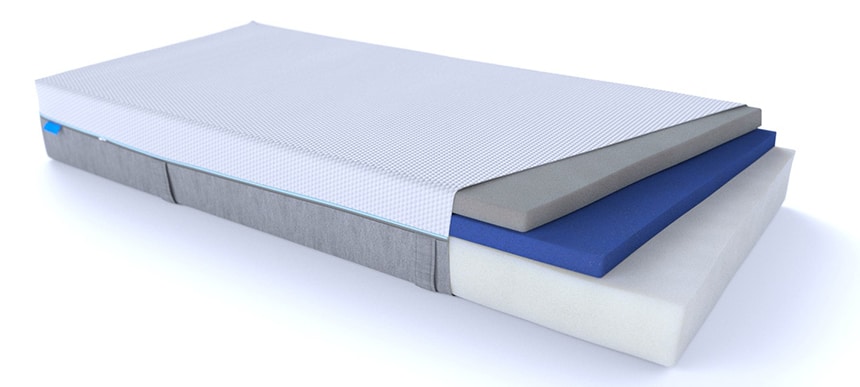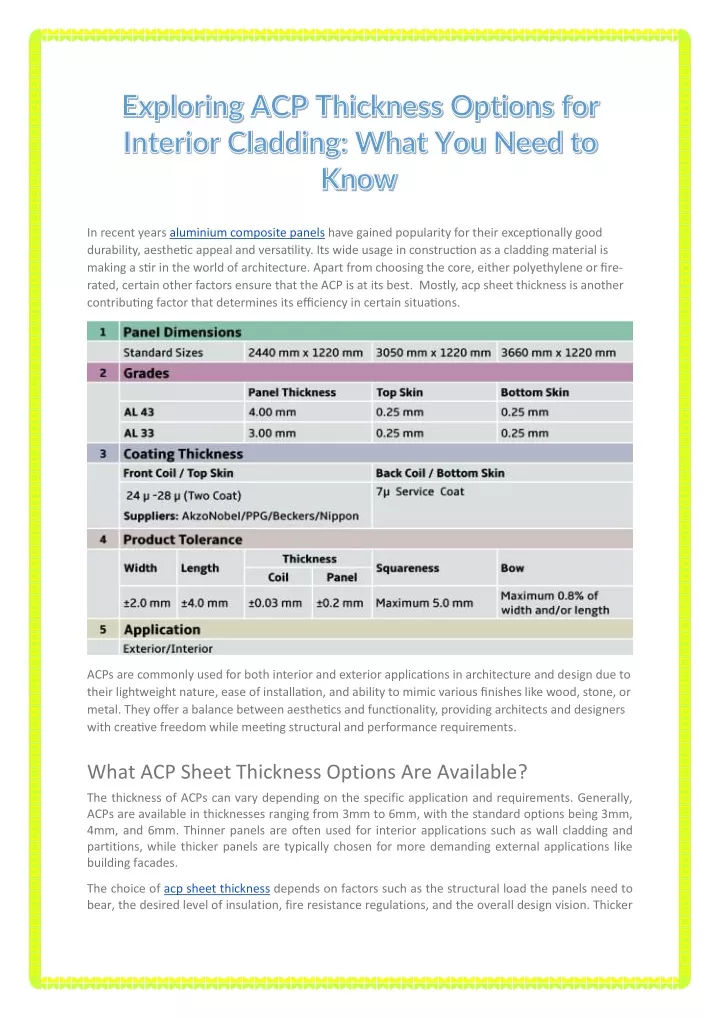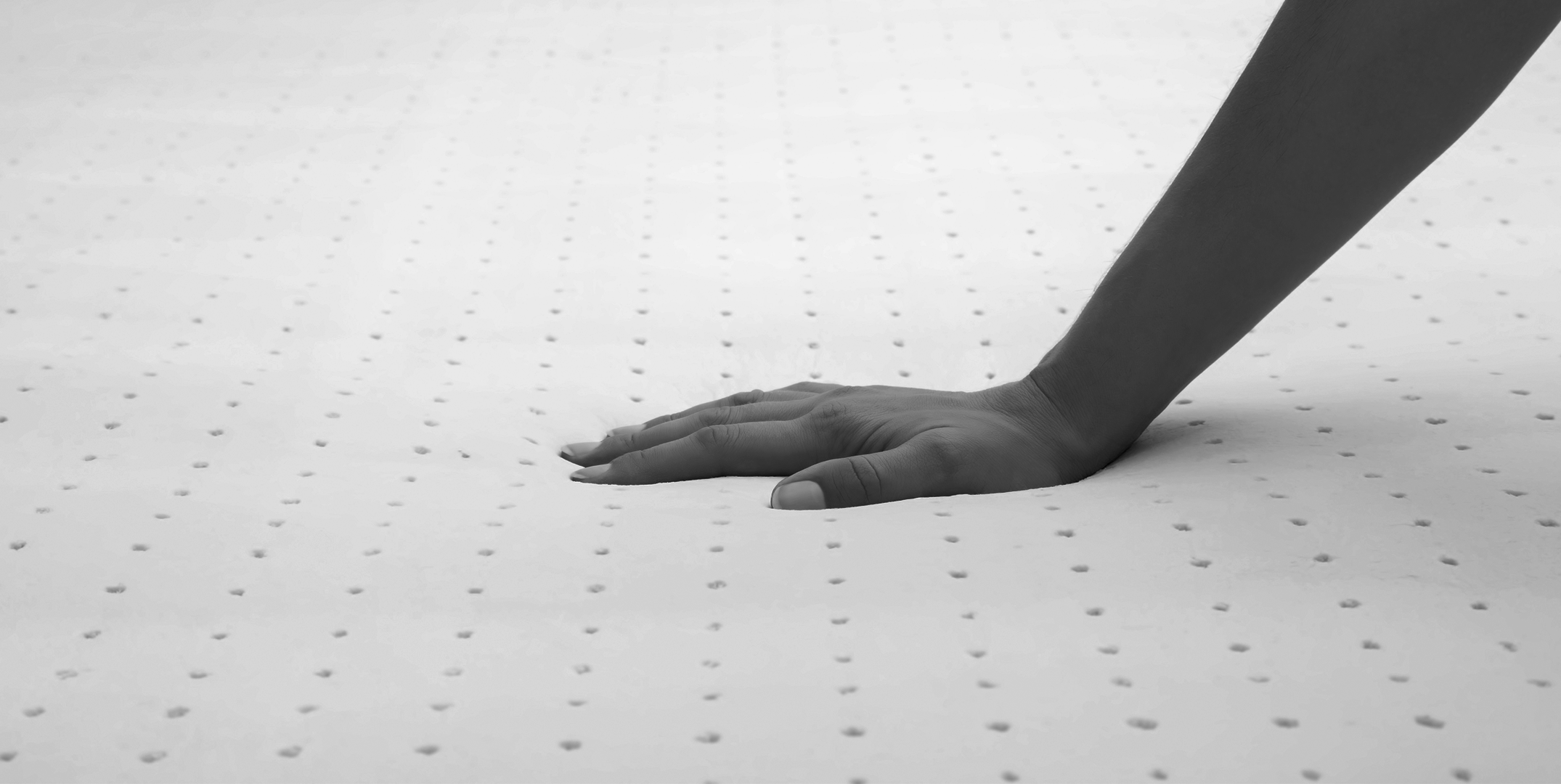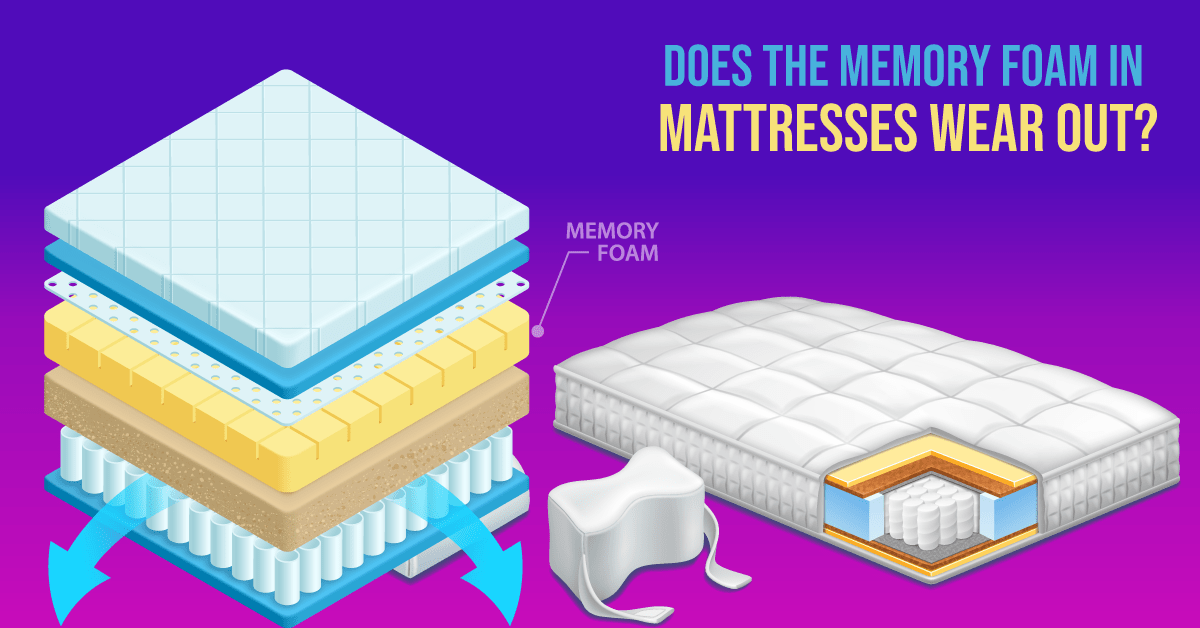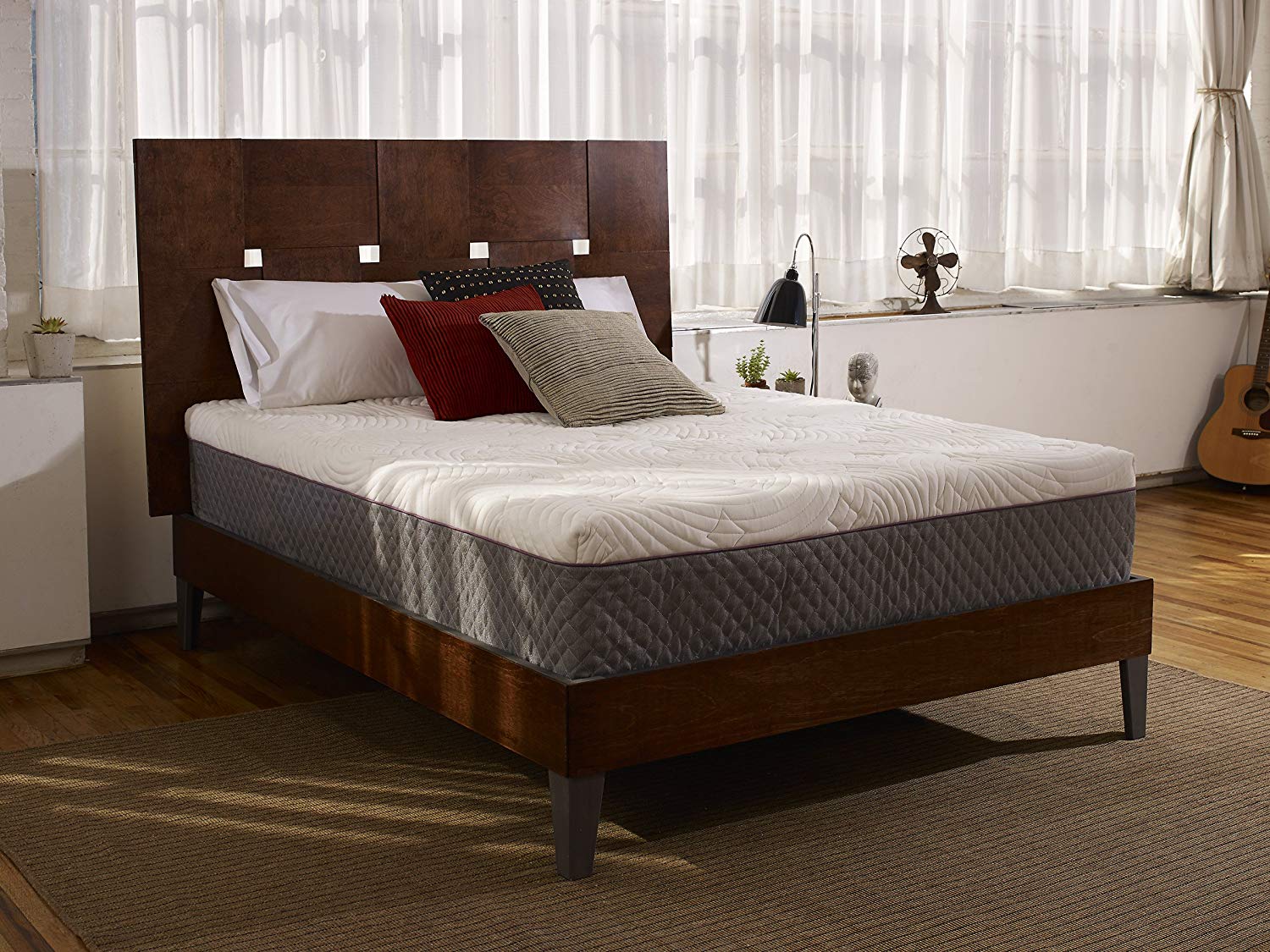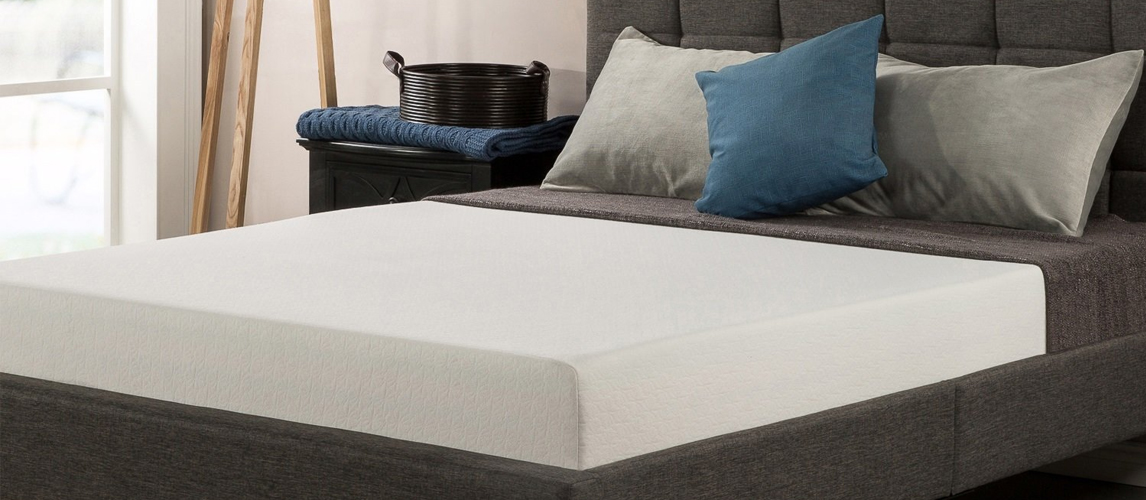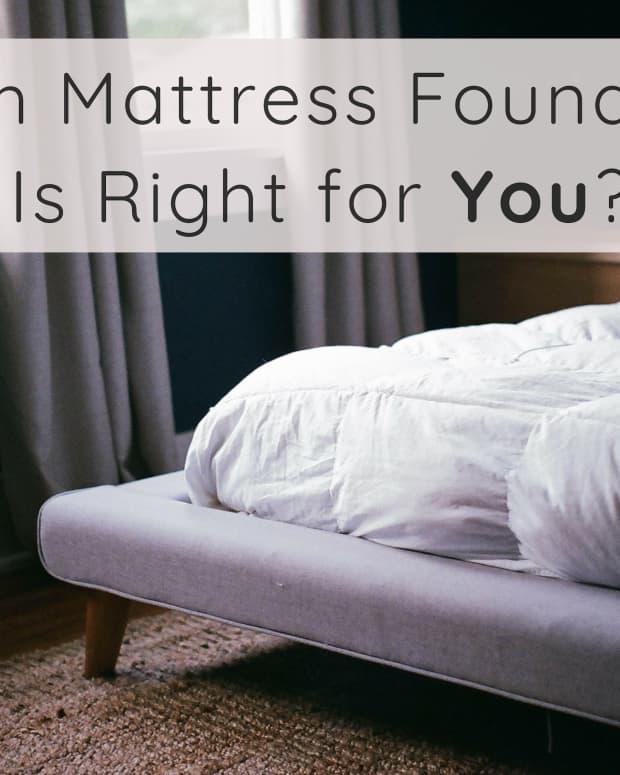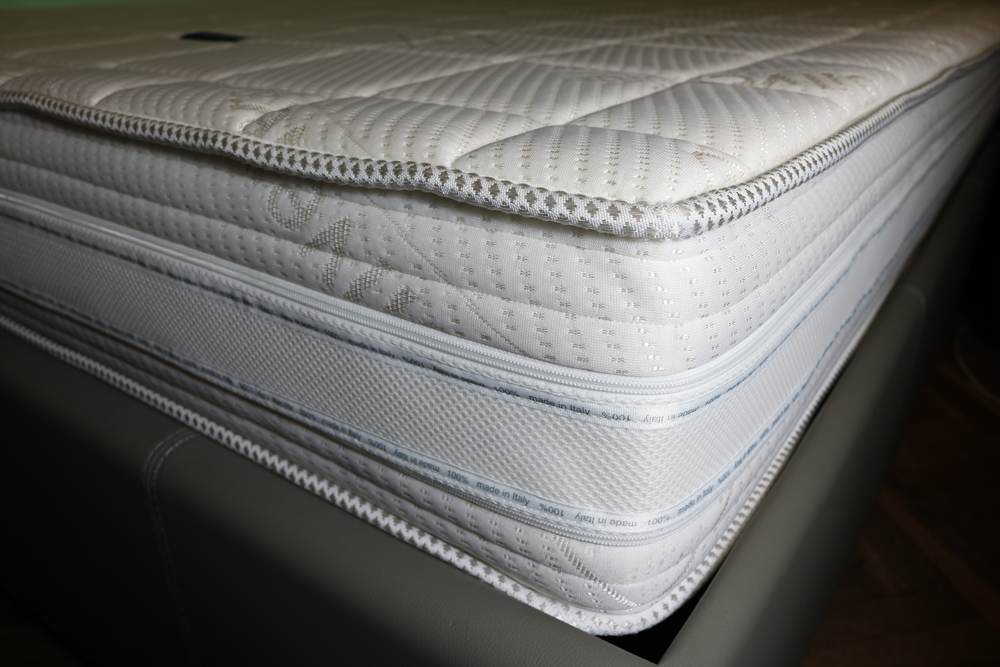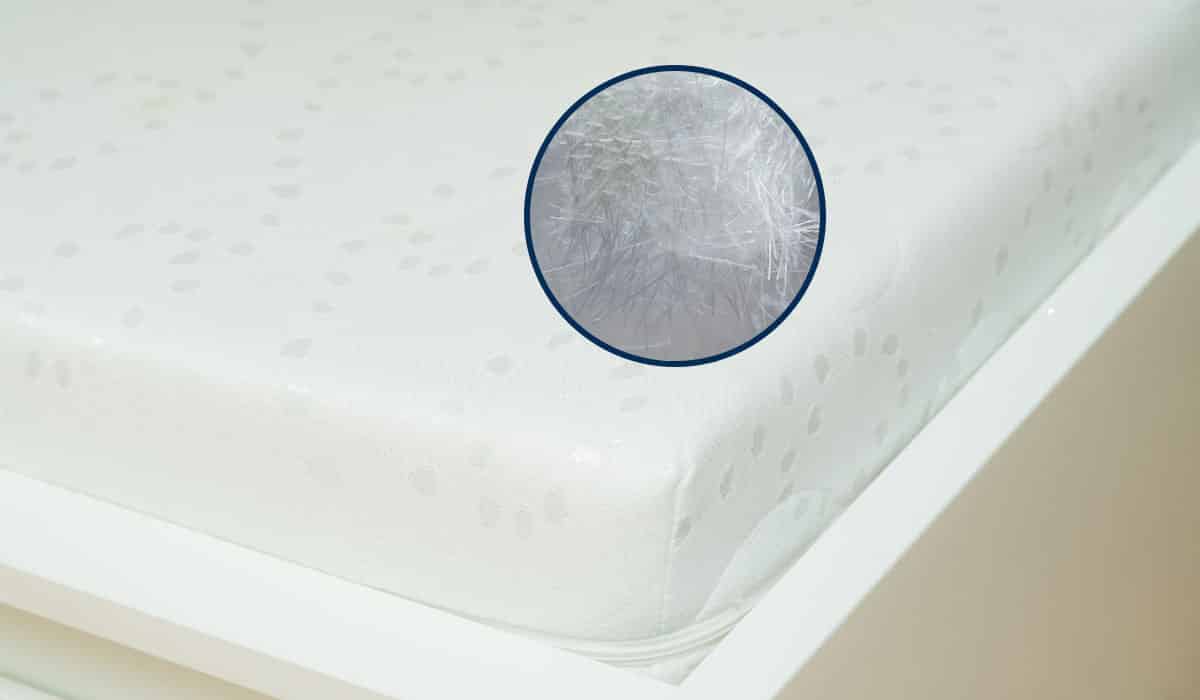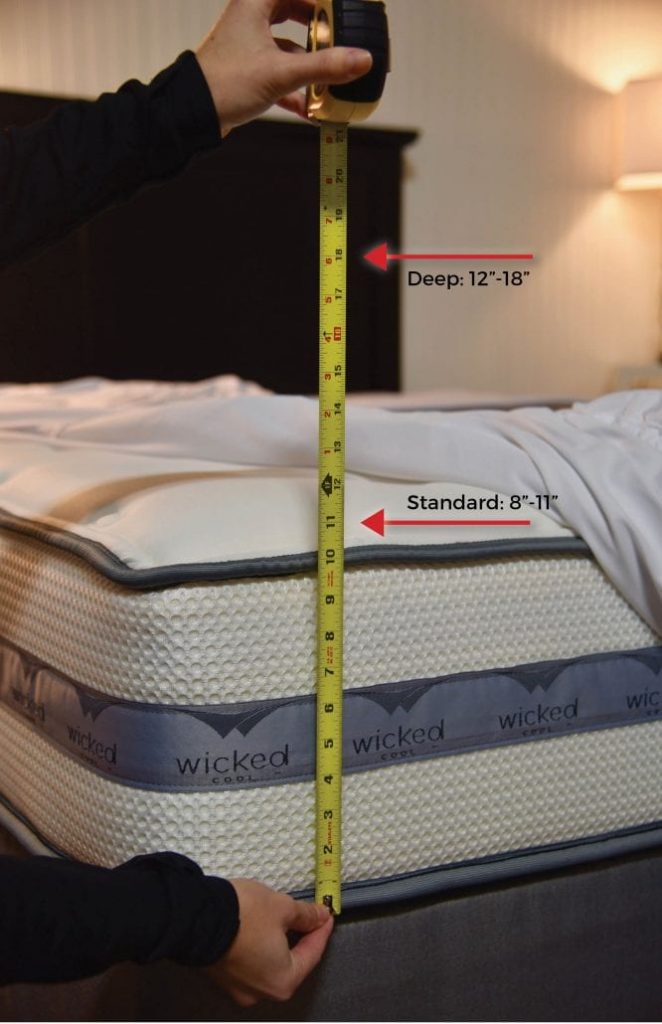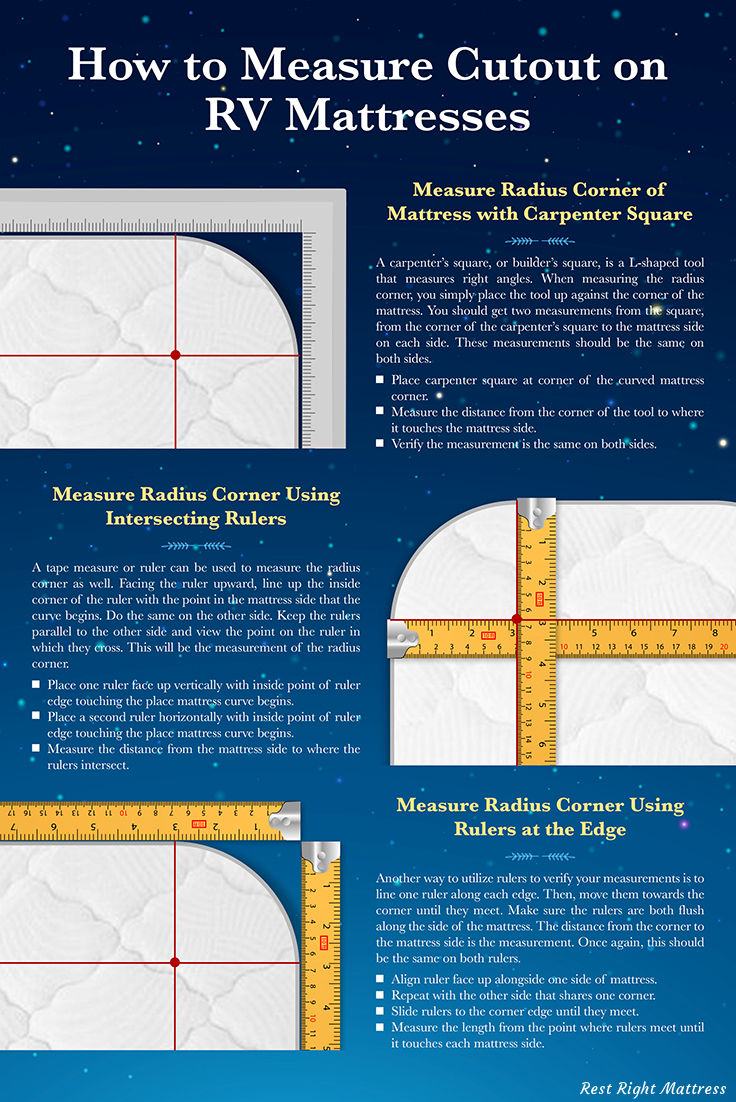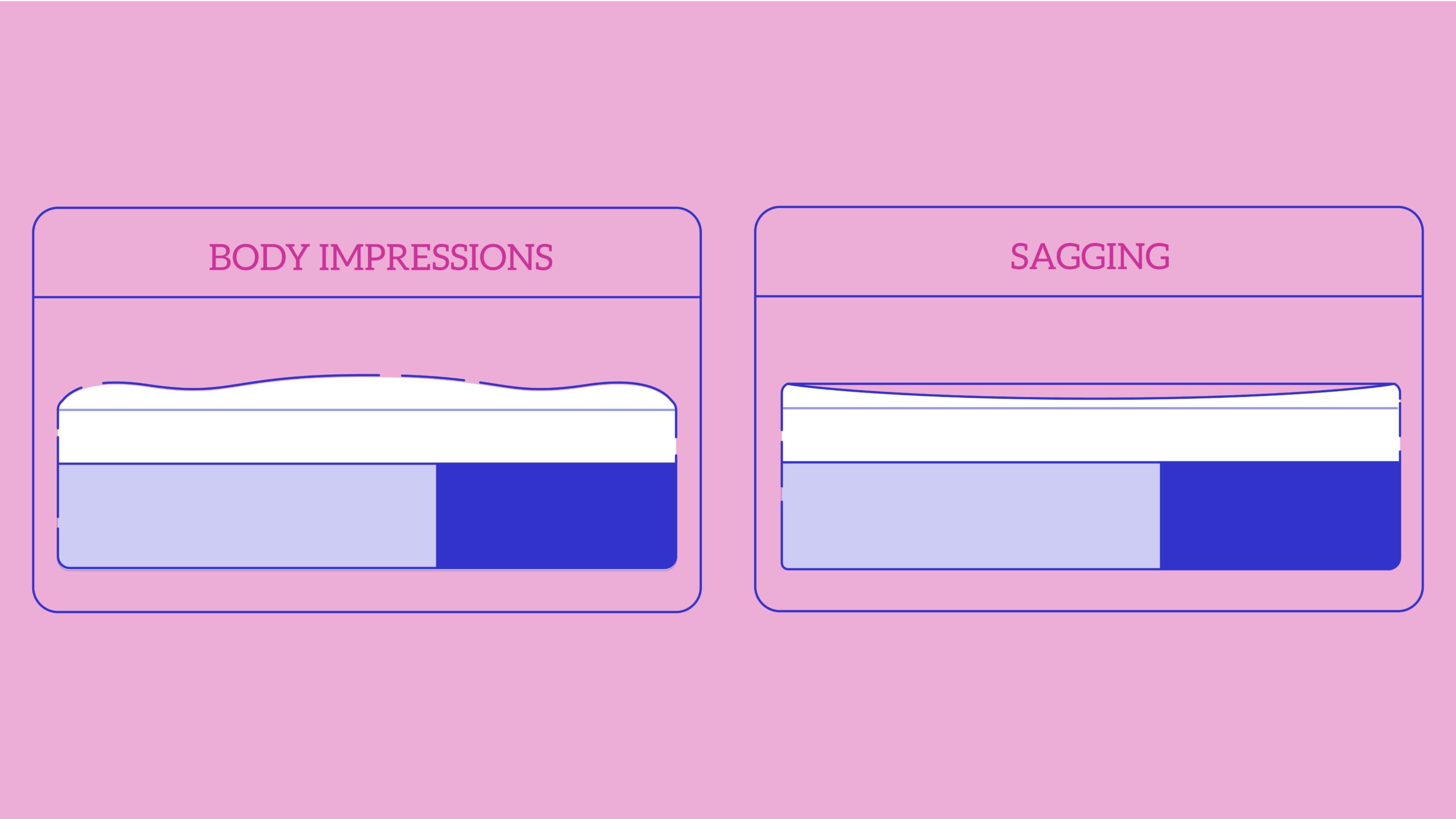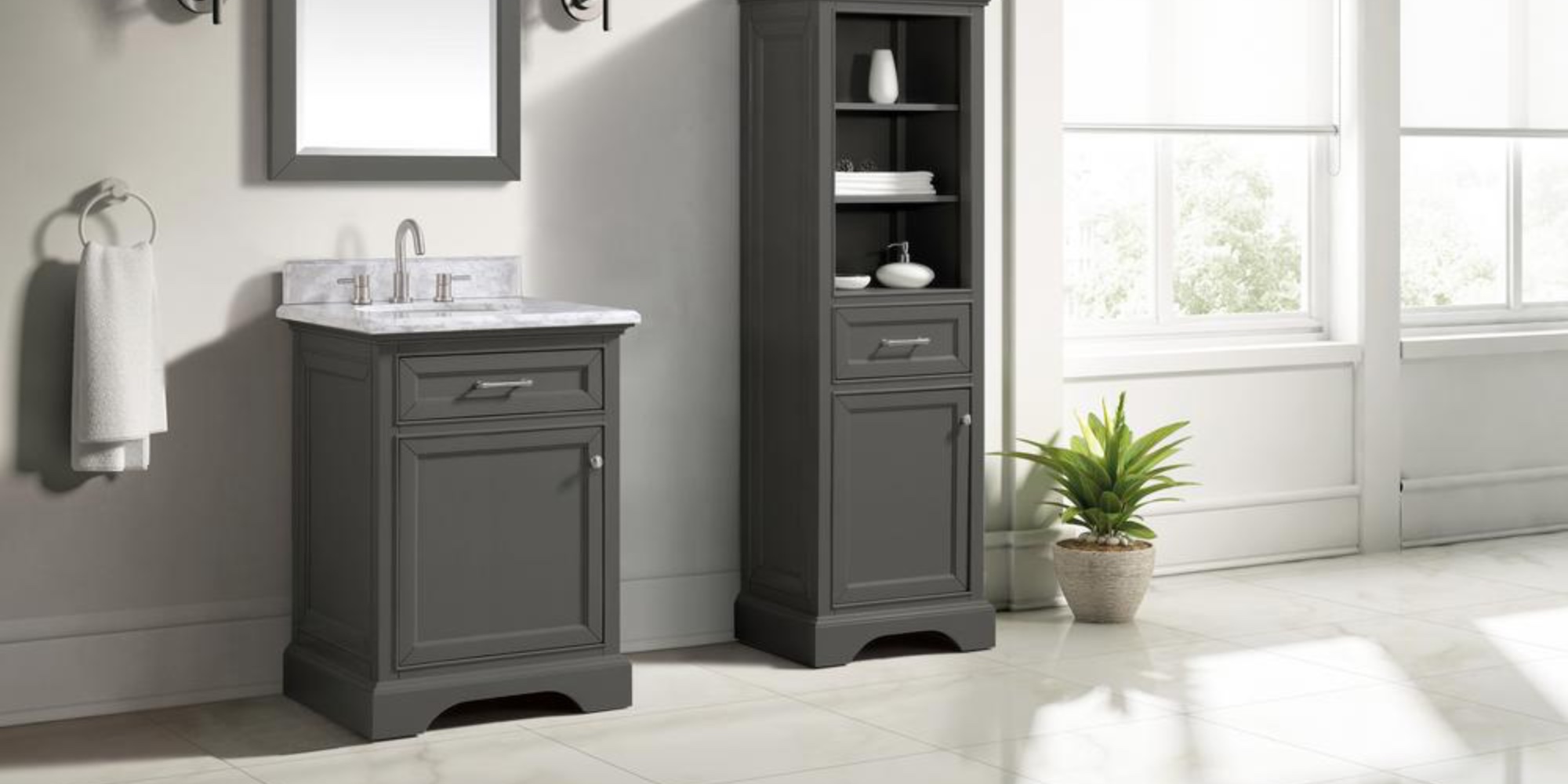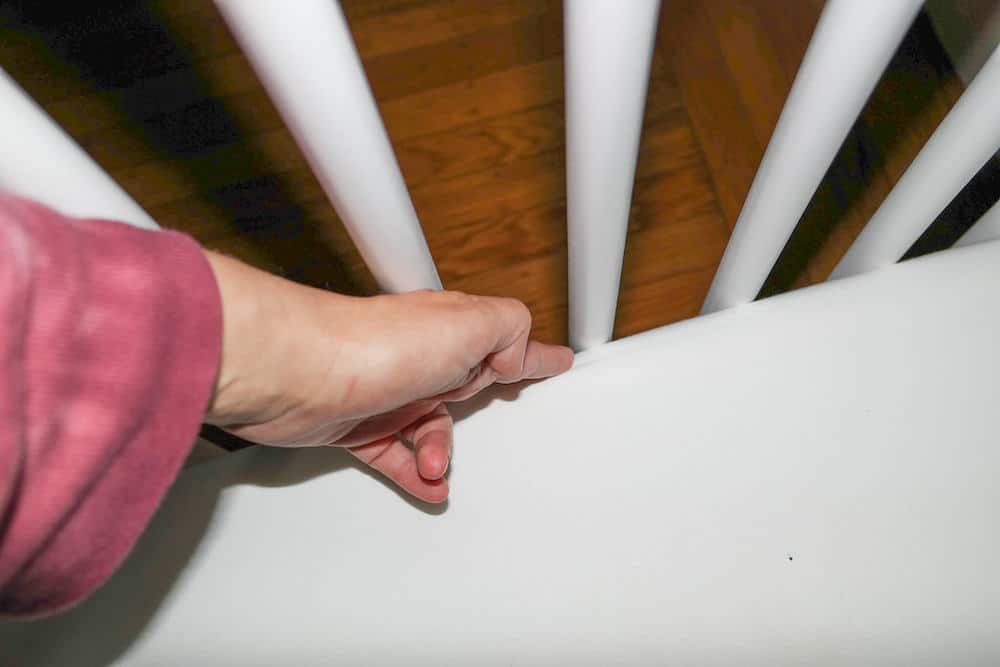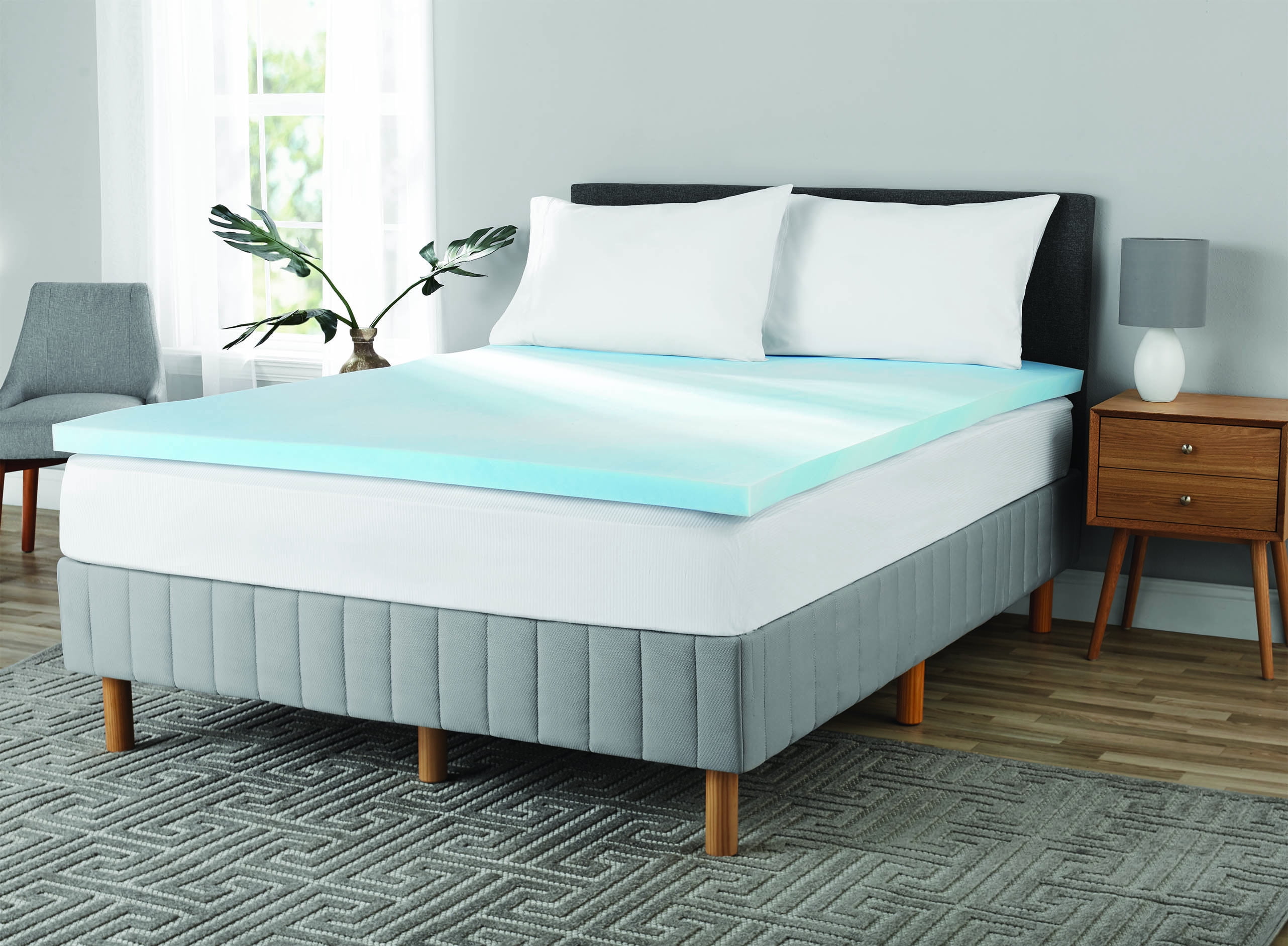When it comes to choosing a memory foam mattress, one of the most important factors to consider is the thickness. The thickness of a mattress can greatly impact its comfort, support, and durability. In this guide, we will explore the different aspects of memory foam mattress thickness and help you determine the best thickness for your needs.Memory Foam Mattress Thickness Guide
The thickness of a memory foam mattress can vary from as little as 6 inches to as much as 14 inches. But how thick should a memory foam mattress be? The answer to this question depends on several factors, including personal preference and sleeping habits. Generally, a thicker mattress will provide more support and better conform to your body. However, a thinner mattress may be more suitable for those who prefer a firmer sleeping surface. It is important to keep in mind that the thickness of the mattress is not the only factor that determines its overall comfort and support level.How Thick Should a Memory Foam Mattress Be?
Choosing the right thickness for your memory foam mattress requires careful consideration of your sleeping habits and preferences. If you are a side sleeper, you may benefit from a thicker mattress that provides better pressure relief for your shoulders and hips. On the other hand, back and stomach sleepers may find a thinner mattress more comfortable as it allows for a firmer surface. Additionally, your body weight can also play a role in determining the ideal thickness for your memory foam mattress. Heavier individuals may require a thicker mattress to provide proper support and prevent sinking too deeply into the foam. Lighter individuals may find a thinner mattress more comfortable as it provides a more even distribution of body weight.Choosing the Right Thickness for Your Memory Foam Mattress
The thickness of a memory foam mattress is usually measured in inches, and it refers to the overall height of the mattress. However, it is important to note that the thickness of the mattress does not necessarily correspond to the number of layers or foam densities used in its construction. A 12-inch mattress may have fewer layers than a 10-inch mattress, but it may have a higher density foam that provides better support and durability. It is also important to consider the density of the memory foam used in the mattress. A high-density foam will be more supportive and durable, while a lower density foam may provide a softer and less supportive sleeping surface. The thickness of the mattress should be chosen in conjunction with the density of the foam to ensure the best possible comfort and support.Understanding the Thickness of Memory Foam Mattresses
There is no one-size-fits-all answer to the ideal thickness for a memory foam mattress. As mentioned, it depends on individual preferences and sleeping habits. However, most experts recommend a thickness of at least 10 inches for a memory foam mattress to provide adequate support and comfort. For those who have specific health concerns, such as chronic pain or joint issues, a thicker mattress may be more beneficial. It is always best to consult with a healthcare professional for personalized recommendations.What is the Ideal Thickness for a Memory Foam Mattress?
When shopping for a memory foam mattress, you will come across various thickness options. Here are some of the most common thicknesses and their features: 6-inch: These are the thinnest memory foam mattresses available and are usually best suited for children or lightweight individuals. They may not provide enough support for heavier individuals or those with certain health concerns. 8-inch: These mattresses are a popular choice for guest rooms or smaller spaces. They provide a decent level of support and comfort but may not be suitable for long-term use. 10-inch: This is the most common thickness for memory foam mattresses. It provides a good balance of support and comfort and is suitable for most individuals. 12-inch: This is a thicker option that is suitable for individuals who prefer a more plush and soft sleeping surface. It may also be beneficial for those with specific health concerns. 14-inch: This is the thickest option and is usually reserved for individuals who prefer a very soft and plush sleeping surface. It may also be suitable for individuals with severe joint or back pain.Exploring the Different Thickness Options for Memory Foam Mattresses
As mentioned, there is no one "best" thickness for a memory foam mattress. Each individual has different needs and preferences. However, it is important to consider the overall construction and materials of the mattress in addition to its thickness. A higher density foam will provide better support and durability, regardless of the mattress's thickness. Additionally, the number of layers and the type of foam used can also impact the overall comfort and support level of the mattress. It is important to carefully research and compare different options to find the best fit for your needs.Comparing the Thickness of Memory Foam Mattresses: Which is Best?
The thickness of a memory foam mattress is an important factor in its overall comfort and support. A mattress that is too thin may not provide enough support, while one that is too thick may be too soft and cause discomfort. It is important to carefully consider your personal needs and preferences to choose the right thickness for your memory foam mattress.The Importance of Thickness in Memory Foam Mattresses
To measure the thickness of a memory foam mattress, use a tape measure to determine the distance from the top to the bottom of the mattress. Make sure to measure at the center of the mattress, as the edges may be compressed from use. It is also important to check the manufacturer's specifications for the actual thickness of the mattress, as some may be slightly different from the advertised thickness.How to Measure the Thickness of a Memory Foam Mattress
Choosing the right thickness for your memory foam mattress may seem overwhelming, but there are some tips and tricks that can help you make the best decision: Consider your sleeping habits: Your preferred sleeping position and body weight can help determine the ideal thickness for your mattress. Research the materials and construction: As mentioned, the thickness alone does not determine the overall comfort and support of a mattress. Make sure to research the materials and construction of the mattress to ensure it meets your needs. Read reviews: Reading reviews from other customers can give you valuable insights into the comfort, support, and durability of a memory foam mattress. Take advantage of trial periods and warranties: Many mattress companies offer trial periods and warranties to give customers a chance to test out their product. This can be helpful in finding the perfect thickness for your needs.Finding the Perfect Thickness for Your Memory Foam Mattress: Tips and Tricks
The Importance of Thickness in Memory Foam Mattresses

Why Thickness Matters
 When it comes to choosing a mattress, there are several factors to consider such as comfort, support, and durability. However, one of the most important aspects that often gets overlooked is the thickness of the mattress. This is especially true when it comes to memory foam mattresses.
Memory foam mattresses have become increasingly popular in recent years
due to their ability to contour to the body and provide a comfortable sleeping experience. But did you know that the thickness of the mattress plays a crucial role in its overall performance and longevity?
A memory foam mattress that is too thin
may not provide enough support for the body, leading to aches and pains. On the other hand, a mattress that is too thick can be too firm and uncomfortable, causing restless nights and discomfort.
When it comes to choosing a mattress, there are several factors to consider such as comfort, support, and durability. However, one of the most important aspects that often gets overlooked is the thickness of the mattress. This is especially true when it comes to memory foam mattresses.
Memory foam mattresses have become increasingly popular in recent years
due to their ability to contour to the body and provide a comfortable sleeping experience. But did you know that the thickness of the mattress plays a crucial role in its overall performance and longevity?
A memory foam mattress that is too thin
may not provide enough support for the body, leading to aches and pains. On the other hand, a mattress that is too thick can be too firm and uncomfortable, causing restless nights and discomfort.
Optimal Thickness for Memory Foam Mattresses
 So, what is the ideal thickness for a memory foam mattress?
Well, it ultimately depends on personal preference and body type. However, most experts recommend a thickness between 8 and 14 inches for maximum comfort and support.
A
thicker mattress
tends to provide better support and pressure relief, making it ideal for those with back or joint pain. It also has a longer lifespan as it can better withstand the weight and pressure of the body.
So, what is the ideal thickness for a memory foam mattress?
Well, it ultimately depends on personal preference and body type. However, most experts recommend a thickness between 8 and 14 inches for maximum comfort and support.
A
thicker mattress
tends to provide better support and pressure relief, making it ideal for those with back or joint pain. It also has a longer lifespan as it can better withstand the weight and pressure of the body.
Considerations for Different Sleeping Positions
Conclusion
 In conclusion,
the thickness of a memory foam mattress is a crucial factor to consider
when looking for the perfect mattress for your needs. It can affect the comfort, support, and durability of the mattress, ultimately impacting the quality of your sleep. Be sure to do your research and choose a thickness that is best suited for your body type and sleep preferences for a restful and rejuvenating night's sleep.
In conclusion,
the thickness of a memory foam mattress is a crucial factor to consider
when looking for the perfect mattress for your needs. It can affect the comfort, support, and durability of the mattress, ultimately impacting the quality of your sleep. Be sure to do your research and choose a thickness that is best suited for your body type and sleep preferences for a restful and rejuvenating night's sleep.



